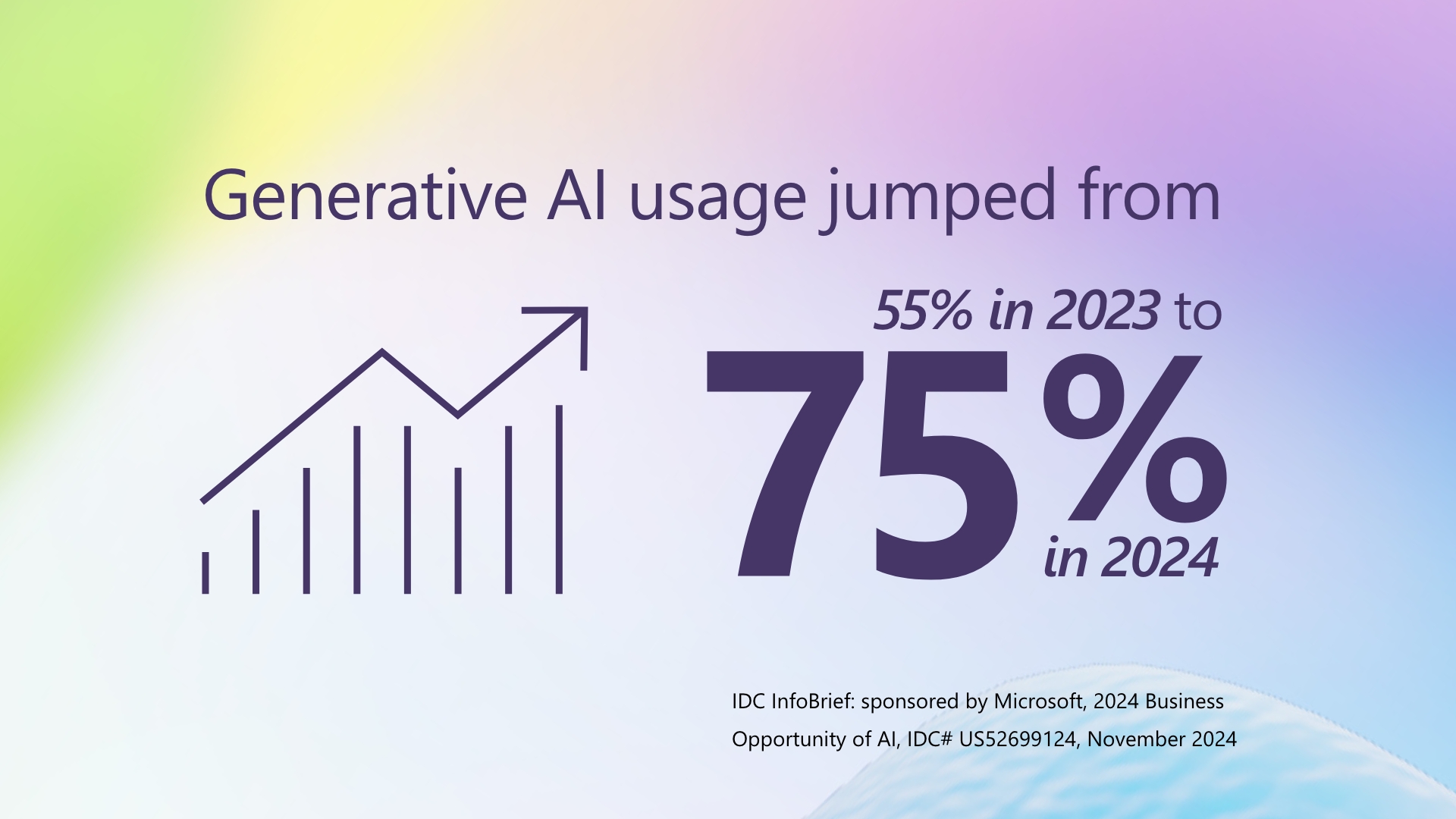Emerging AI Trends That Are Shaping Digital Marketing in 2024
Entrepreneur and AI advocate focused on AI for social good and sustainability.

Entrepreneur and AI advocate focused on AI for social good and sustainability.

AI-driven personalization is the process of delivering tailored experiences to individual customers. It is crucial because today's consumers expect unique interactions that cater to their specific needs.
AI analyzes customer data to understand preferences, behaviors, and purchasing patterns. This enables marketers to create highly relevant content, product recommendations, and advertising.
Brands like Amazon and Netflix are pioneers in using AI for personalized marketing. Amazon uses AI to suggest products based on browsing and purchase history.
Netflix employs AI to curate content recommendations tailored to individual tastes. These personalized experiences enhance customer journeys through tailored recommendations and communications.
AI-driven personalization leads to increased engagement and conversion rates. When customers receive content relevant to their interests, they are more likely to interact and make purchases.
Targeted marketing efforts are more cost-effective, improving return on investment (ROI). AI helps businesses allocate their budgets more efficiently by identifying the most effective channels and strategies.
Machine learning is a subset of AI that allows systems to learn from data without explicit programming. It plays a crucial role in optimizing marketing strategies.
Machine learning algorithms analyze vast amounts of data to identify patterns and trends. They optimize campaigns through predictive analytics and real-time data processing, leading to better results.

Natural Language Processing (NLP) enables computers to understand and respond to human language. It is used in marketing to create customer-centric content.
Chatbots and virtual assistants, powered by NLP, enhance customer service by providing instant support. They can answer frequently asked questions and offer personalized product recommendations, improving customer satisfaction.
Computer vision allows machines to interpret and understand visual data. It plays a significant role in understanding consumer behavior through images and videos.
Brands use computer vision to analyze how customers interact with visual content. This helps in placing ads more effectively and creating engaging content that resonates with the audience.

Programmatic advertising uses AI to automate the buying and selling of ad space. It enhances efficiency and targeting by using real-time data.
Successful programmatic campaigns powered by AI have shown significant improvements in ad performance. For instance, Google Ads leverages machine learning to optimize ad placements, ensuring ads reach the intended audience at the right time.
Voice and visual search are gaining popularity, impacting digital marketing strategies. Brands need to optimize their content for these search methods to stay relevant.
Preparing for voice search involves using natural language in content. Optimizing for visual search requires high-quality images and videos with relevant metadata.
Data privacy is a major concern in AI-driven marketing. Consumers are increasingly aware of how their data is used and demand transparency.
Brands must prioritize data protection and user consent. Implementing clear privacy policies and adhering to regulations like GDPR can build trust with customers.
High-quality data is essential for effective AI marketing strategies. Inaccurate or incomplete data can lead to poor results.
Integrating AI into existing marketing frameworks can be challenging. Businesses often face issues with data silos and compatibility with legacy systems.

While AI can automate many tasks, retaining the human element in customer interactions is crucial. Customers still value personal connections with brands.
Finding the right balance involves using AI for efficiency and humans for empathy. AI can handle routine tasks, while humans focus on building relationships and addressing complex issues.
AI is transforming digital marketing, offering new opportunities for personalization, efficiency, and engagement. Marketers must embrace these technologies to stay competitive.
By understanding and implementing AI, businesses can enhance customer experiences and achieve better results. As AI continues to evolve, staying informed about emerging trends is essential for success in the digital marketing landscape.
Key Takeaways:
Staying ahead of these trends will ensure your marketing efforts remain relevant and effective. Explore how "AI is transforming keyword research and shaping SEO trends" to further enhance your strategy.
— in AI in Business
— in Natural Language Processing (NLP)
— in AI Tools and Platforms
— in Natural Language Processing (NLP)
— in AI in Business